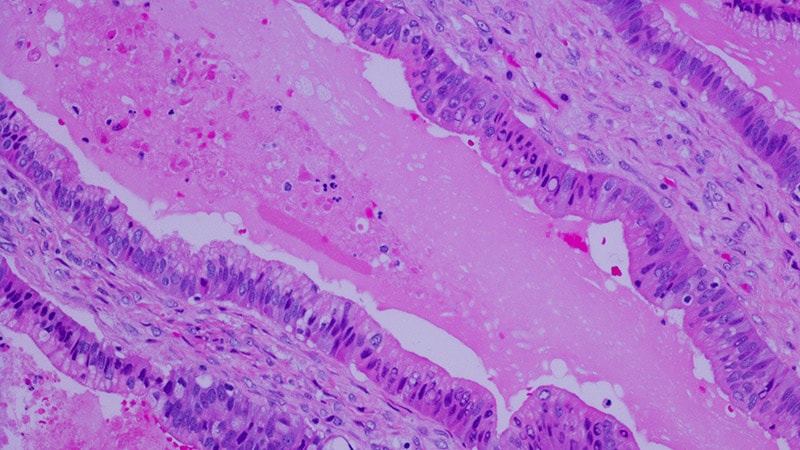


TOPLINE: Surveillance of high-risk individuals may detect pancreatic ductal adenocarcinoma at an earlier stage, when the tumor is smaller and easier to treat, and could help...
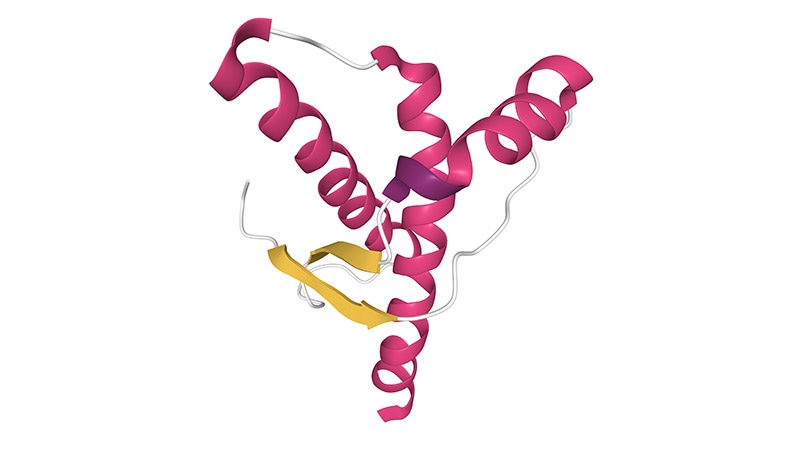


“Science is teamwork. Lone wolves no longer exist,” Peter Walter, researcher and professor at the University of California, San Francisco, and former president of the American...



A new editorial paper was published in Oncoscience (Volume 11) on May 20, 2024, entitled, “Entering the golden age for antibody-drug conjugates in gynecologic cancer.” In...



Please note that the text below is not a full transcript and has not been copyedited. For more insight and commentary on these stories, subscribe to...
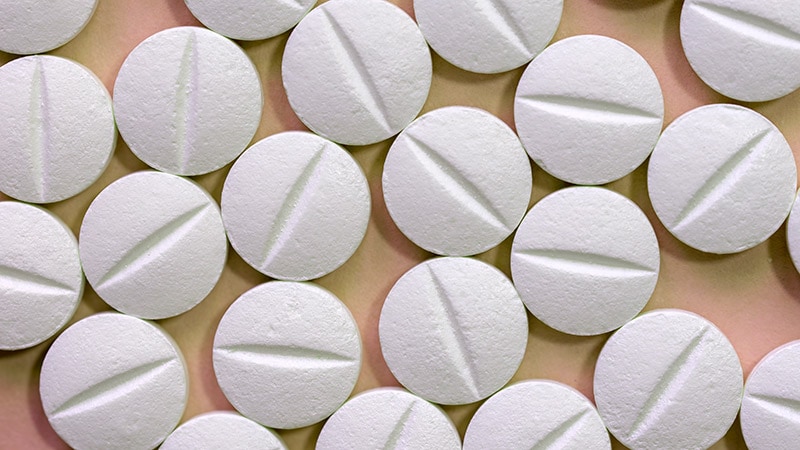


A growing body of evidence has shown that people who regularly take aspirin have a lower risk for colorectal cancer (CRC) and are less likely to...
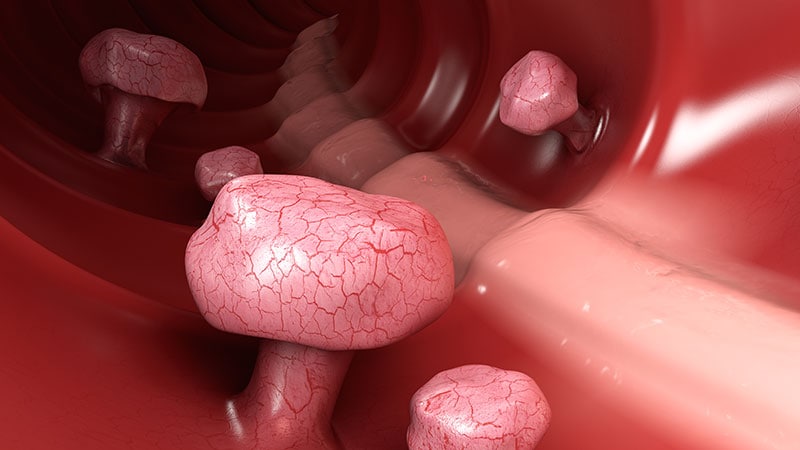


TOPLINE: Individuals with fair or worse bowel preparation have lower adenoma detection rates and a higher risk for postcolonoscopy colorectal cancer (PCCRC) death, new data showed....



TOPLINE: Compared with the general population, patients with urticaria had a 49% higher risk of developing cancer in the first year following diagnosis, which decreased to...



Researchers have identified a protein called PFDN6 that may play a role in the development and spread of colorectal cancer (CRC). The study, published in [journal...
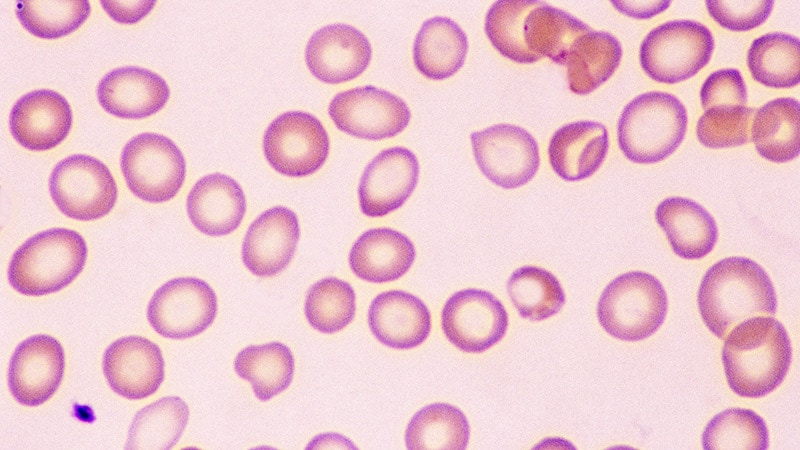


Anemia occurs frequently in patients with cancer, with estimates reaching as high as 90% in those with solid tumors. The red blood cell disorder, which may...



MONTREAL — Levels of neurofilament light chain (Nfl) may be a biomarker of chemotherapy-induced peripheral neurotoxicity (PIPN), new research suggests. Investigators found Nfl levels increased in...



WASHINGTON — In 2013, Vishal A. Patel, MD, was completing a fellowship in Mohs surgery and cutaneous oncology at Columbia University Irving Medical Center, New York...



One of the first signs of bladder cancer can be blood in the urine (hematuria). Investigators developed and analyzed the results of a streamlined and simplified...